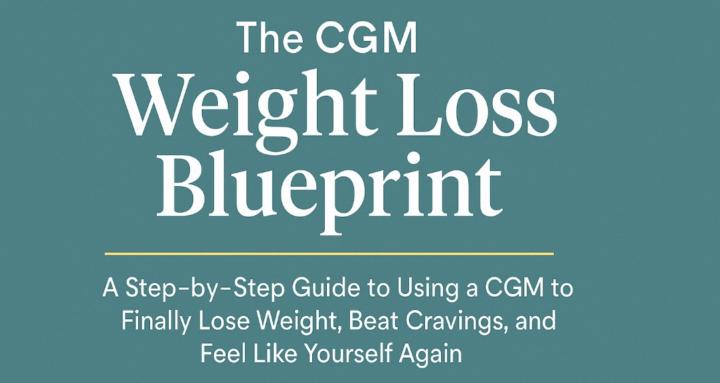May 5 • General Glucose Discussion
😴 Sleep & Blood Sugar: The Hidden Loop You Can’t Ignore
Happy Monday Everyone!
This week, let’s talk about a connection most people completely overlook: It’s not just what you eat that affects your blood sugar —It’s how you SLEEP. And it’s a two-way street.
🧪 Here’s What the Research Shows:
- Poor sleep → your cells become more insulin resistant the next day. That means your blood sugar is more likely to spike even if you eat the same food.
- Late-night blood sugar spikes → interfere with melatonin production and circadian rhythm, making it harder to fall (and stay) asleep.
- Sleep deprivation → increases cravings, especially for carbs and sugar, creating a vicious cycle the next day.
In short:🔄 Blood sugar → sleep → blood sugar. It’s one of the most underestimated metabolic loops.
🌿 Here’s What You Can Do (Without a CGM!)
✅ Stop eating 2–3 hours before bed.
This gives your glucose time to settle and reduces overnight spikes.
✅ Incorporate calming nutrients.
Magnesium glycinate, chamomile tea, or a small amount of glycine can calm the nervous system.
✅ Light movement after dinner.
Even a 10-minute walk lowers post-meal glucose and supports better sleep.
✅ Dim the lights + reduce screens.
Blue light exposure raises cortisol, which can worsen blood sugar and delay sleep onset.
💬 Your Turn
What’s the biggest challenge for you right now:
😵 Late-night cravings?
🛌 Trouble falling asleep?
🕰️ Waking up too early?
Drop yours below 👇 and let’s troubleshoot it together — because mastering sleep is one of the most powerful (and underrated) ways to master your glucose.
5
2 comments

skool.com/higher-health-5776
Feel like your body’s not responding? This group will show you how to use any CGM to lose weight, balance energy, and feel your best.
Powered by
